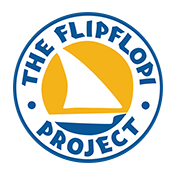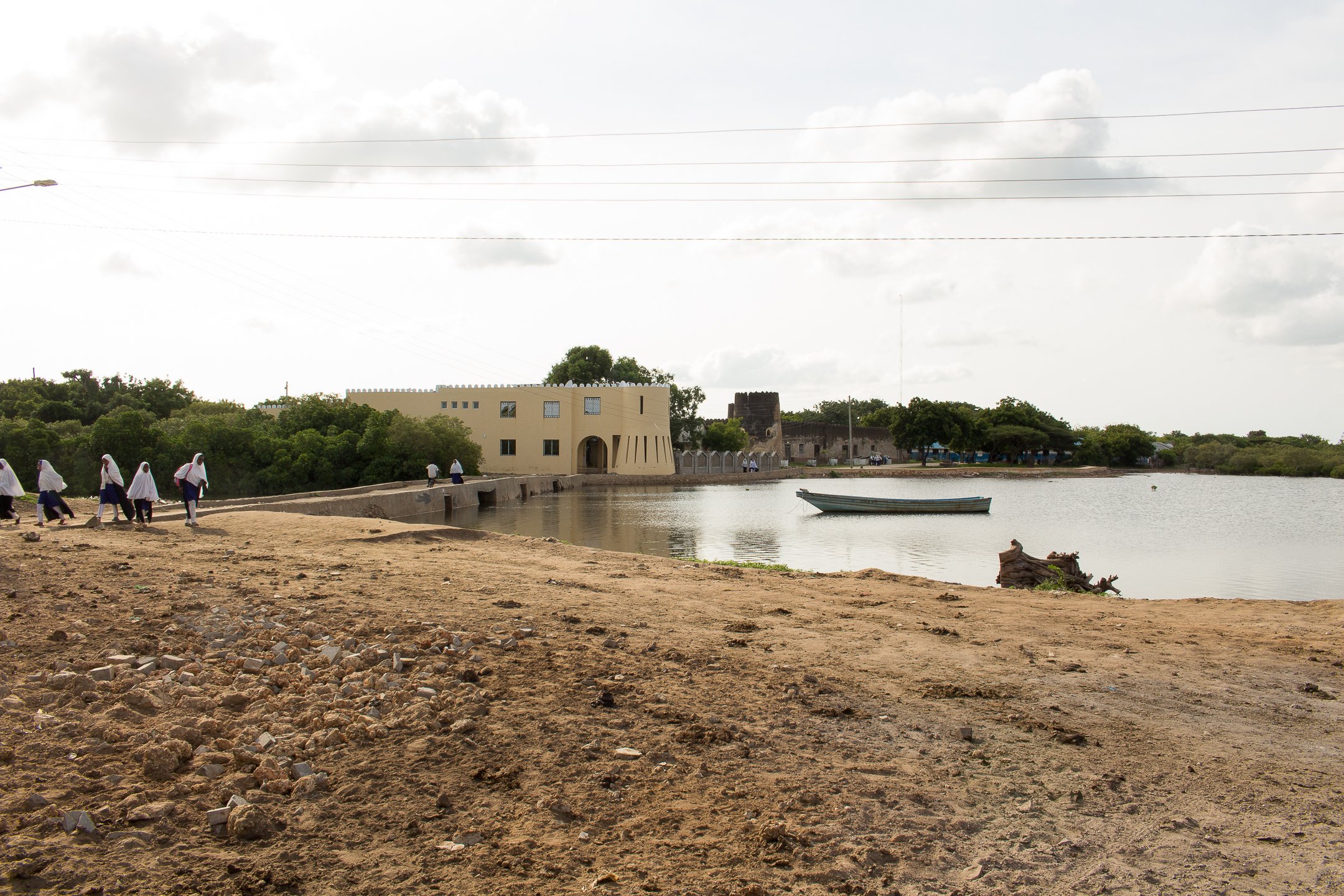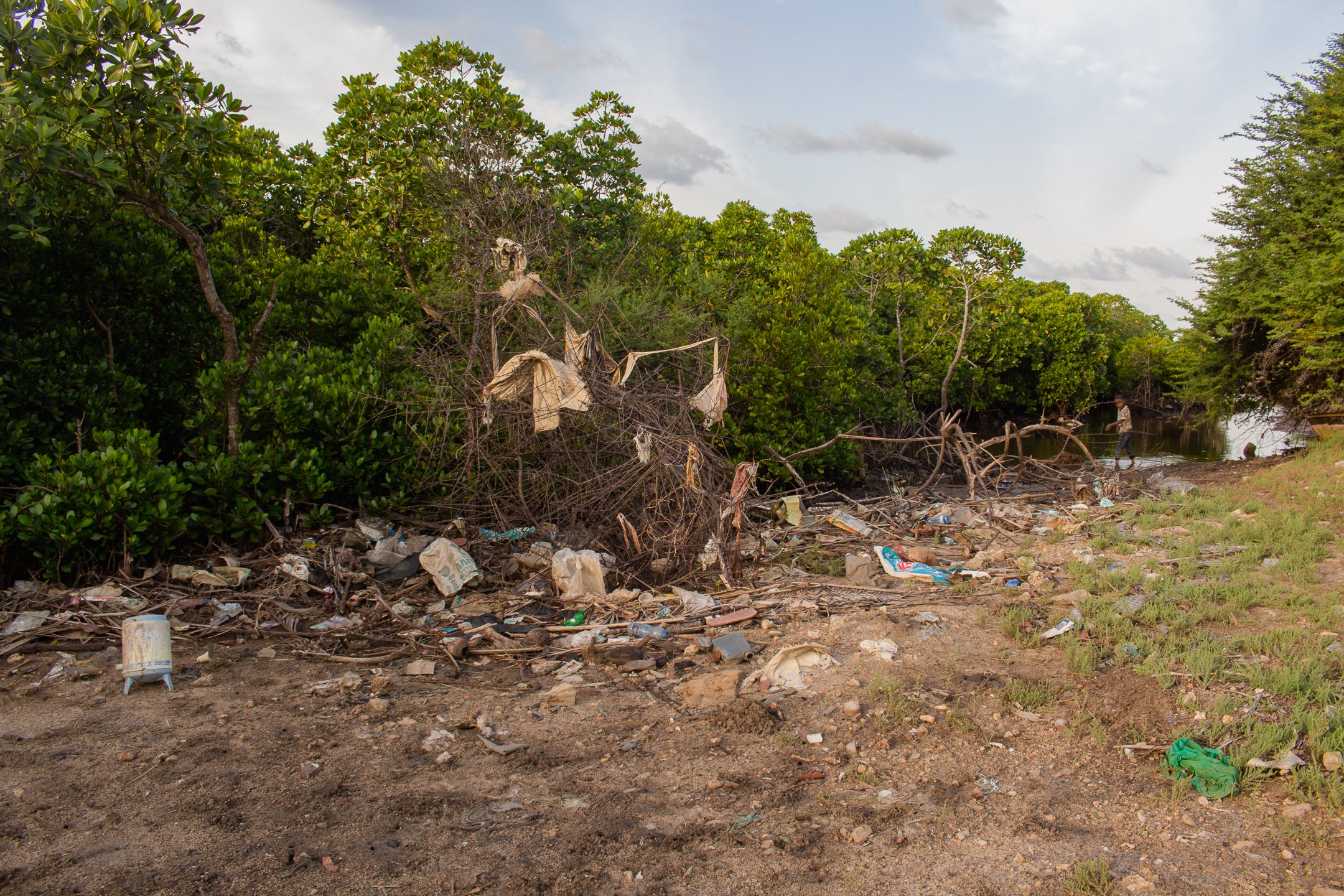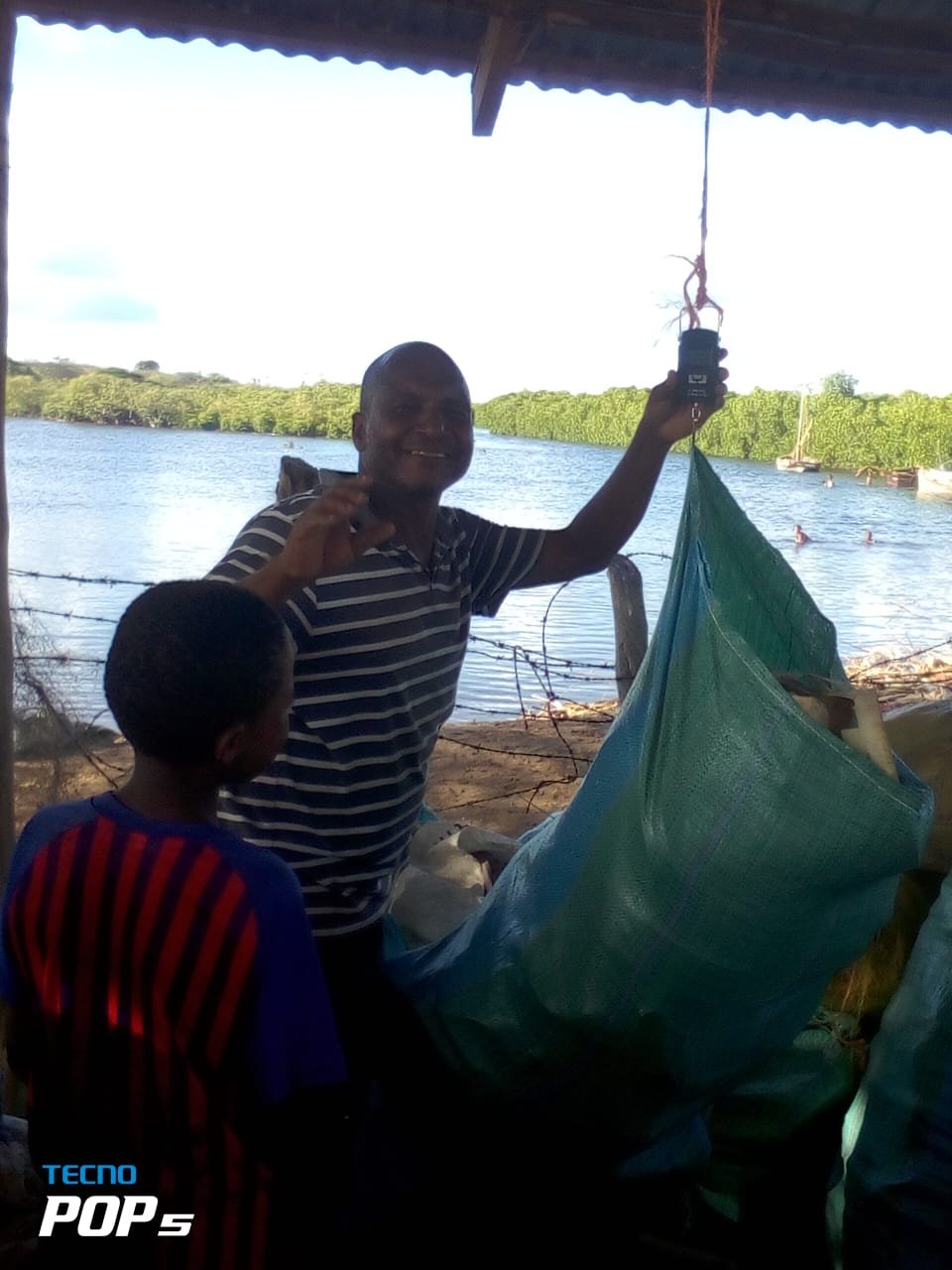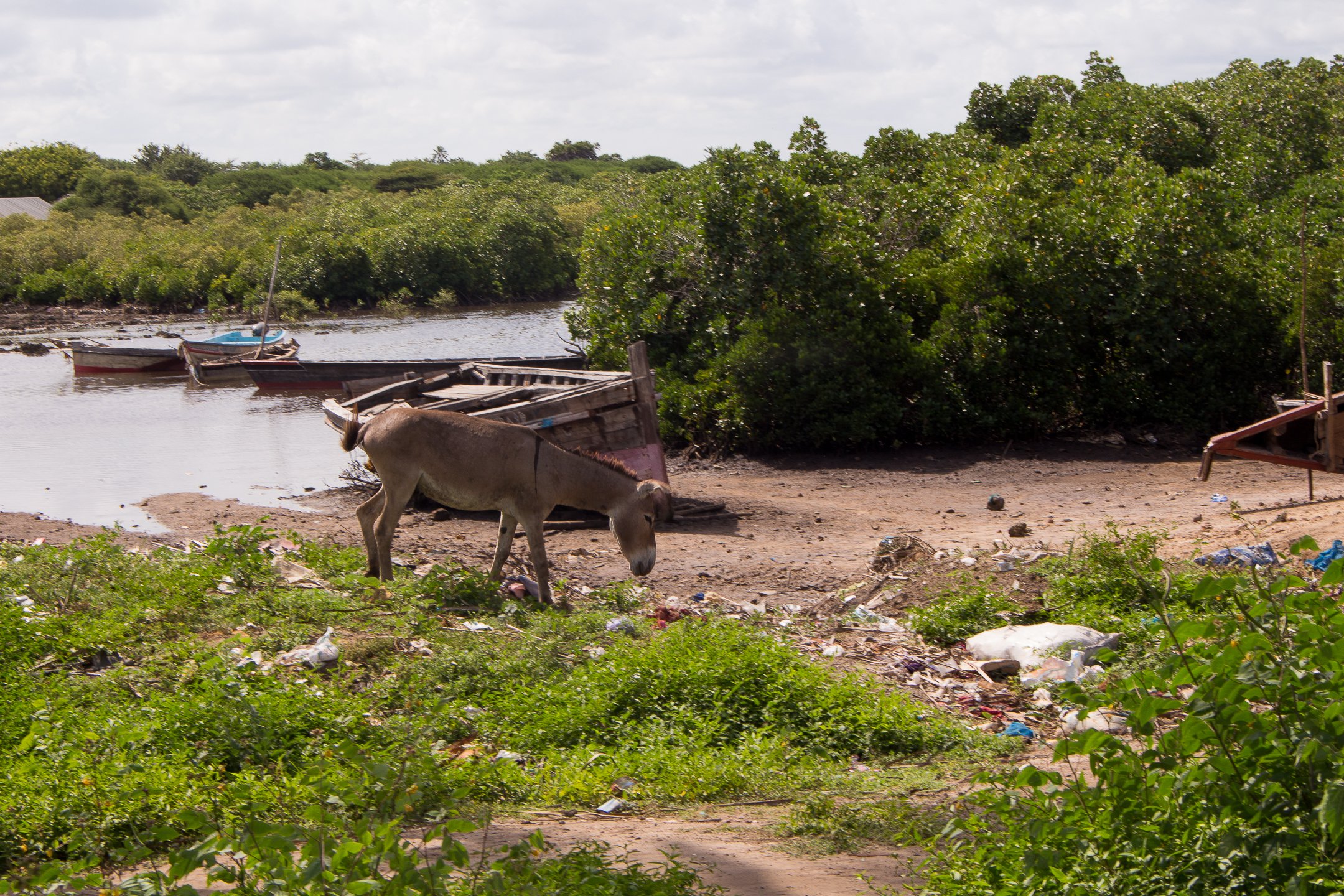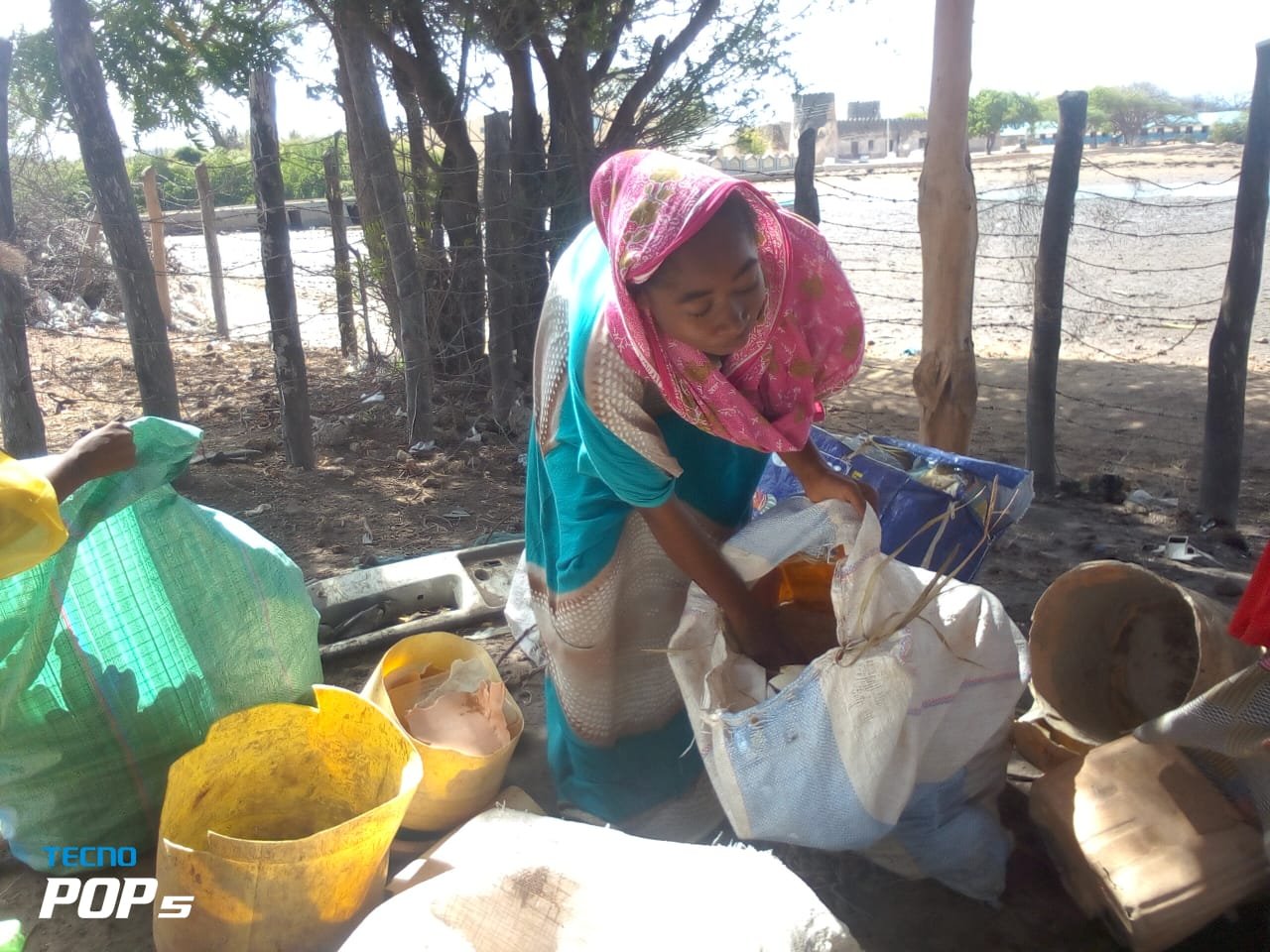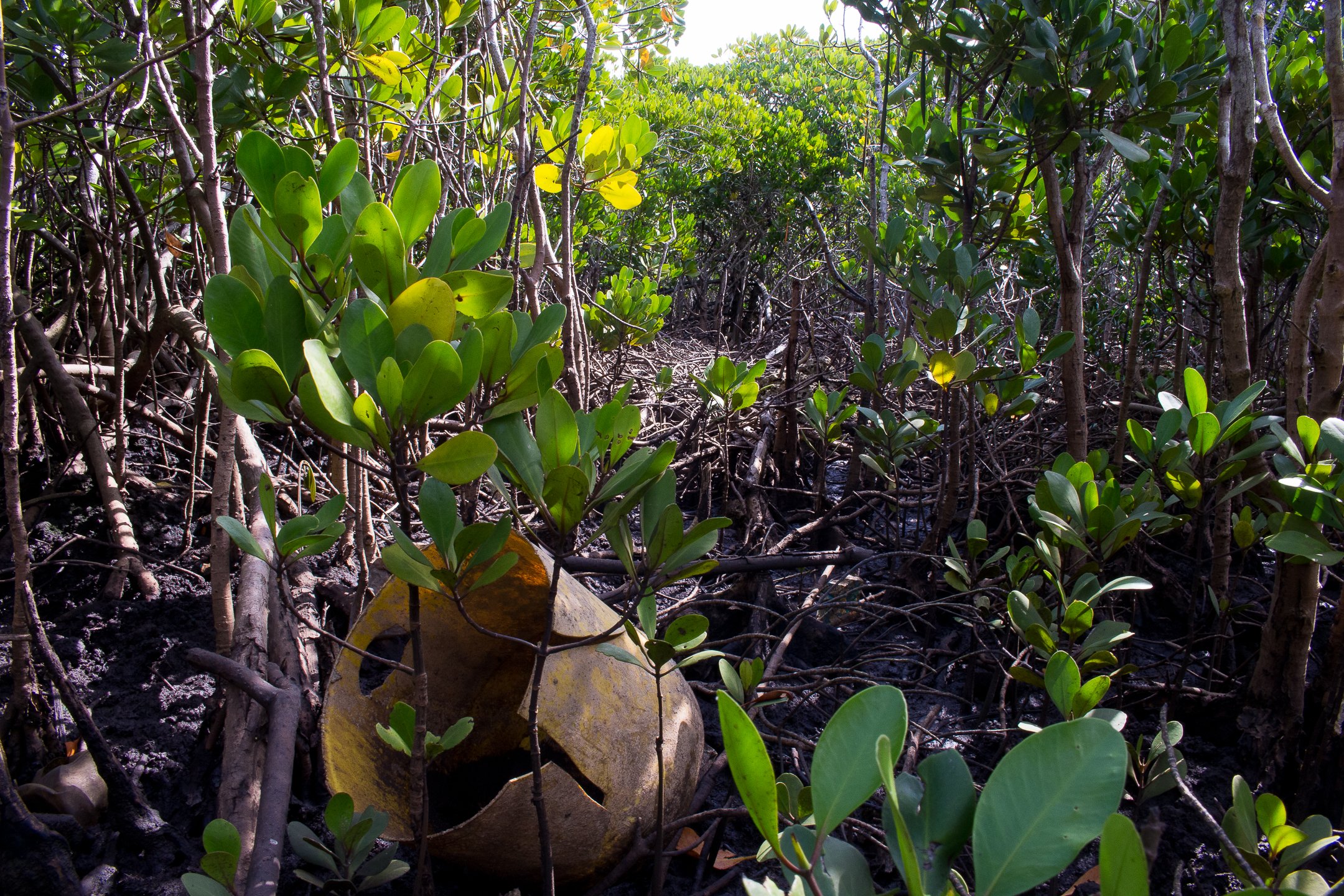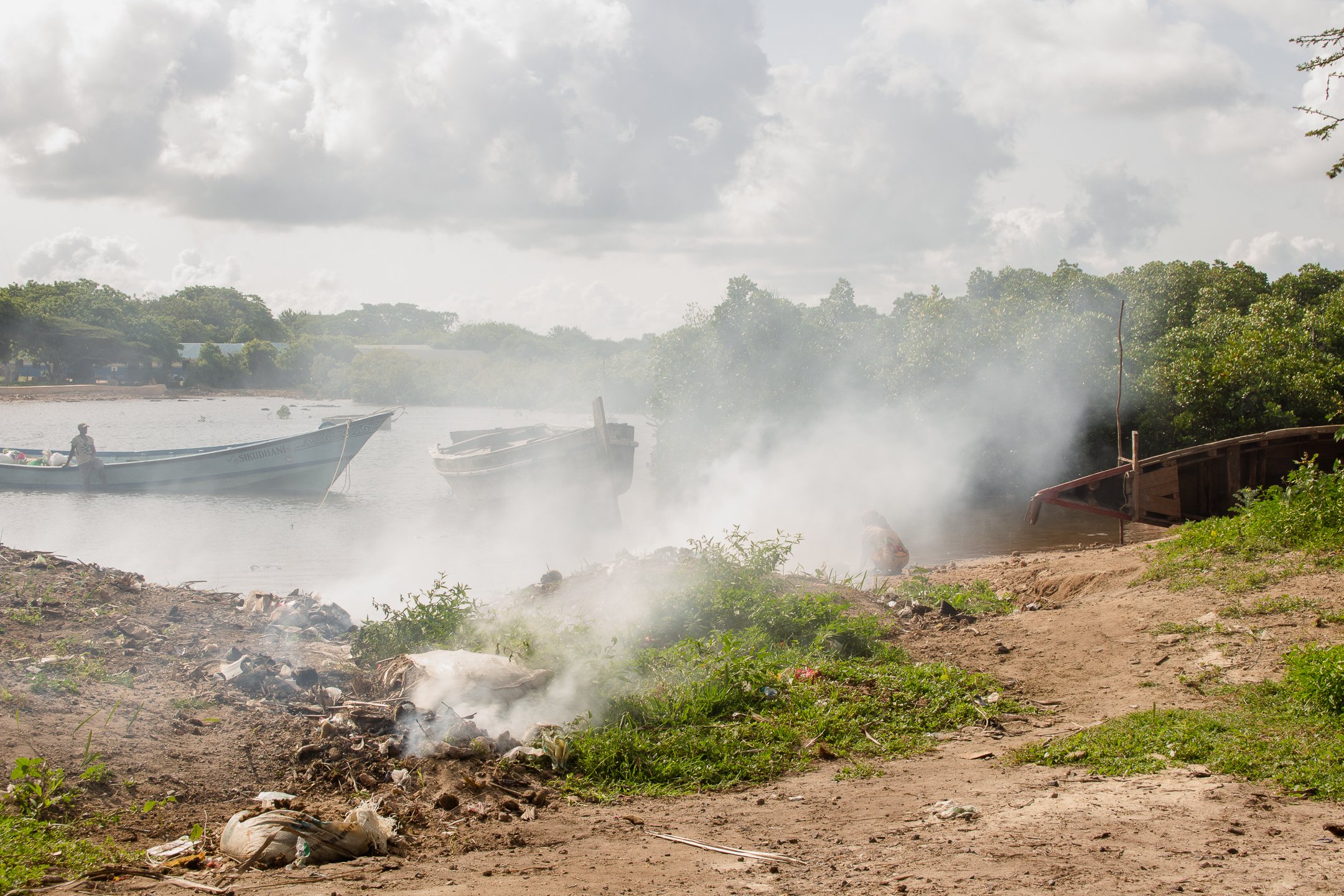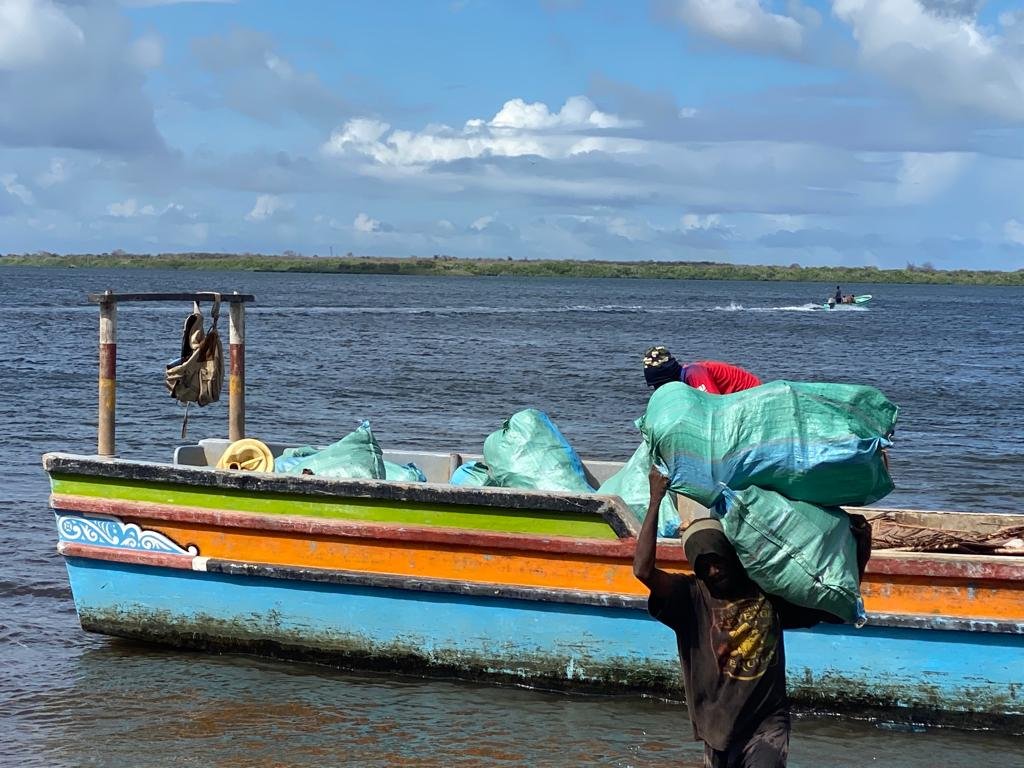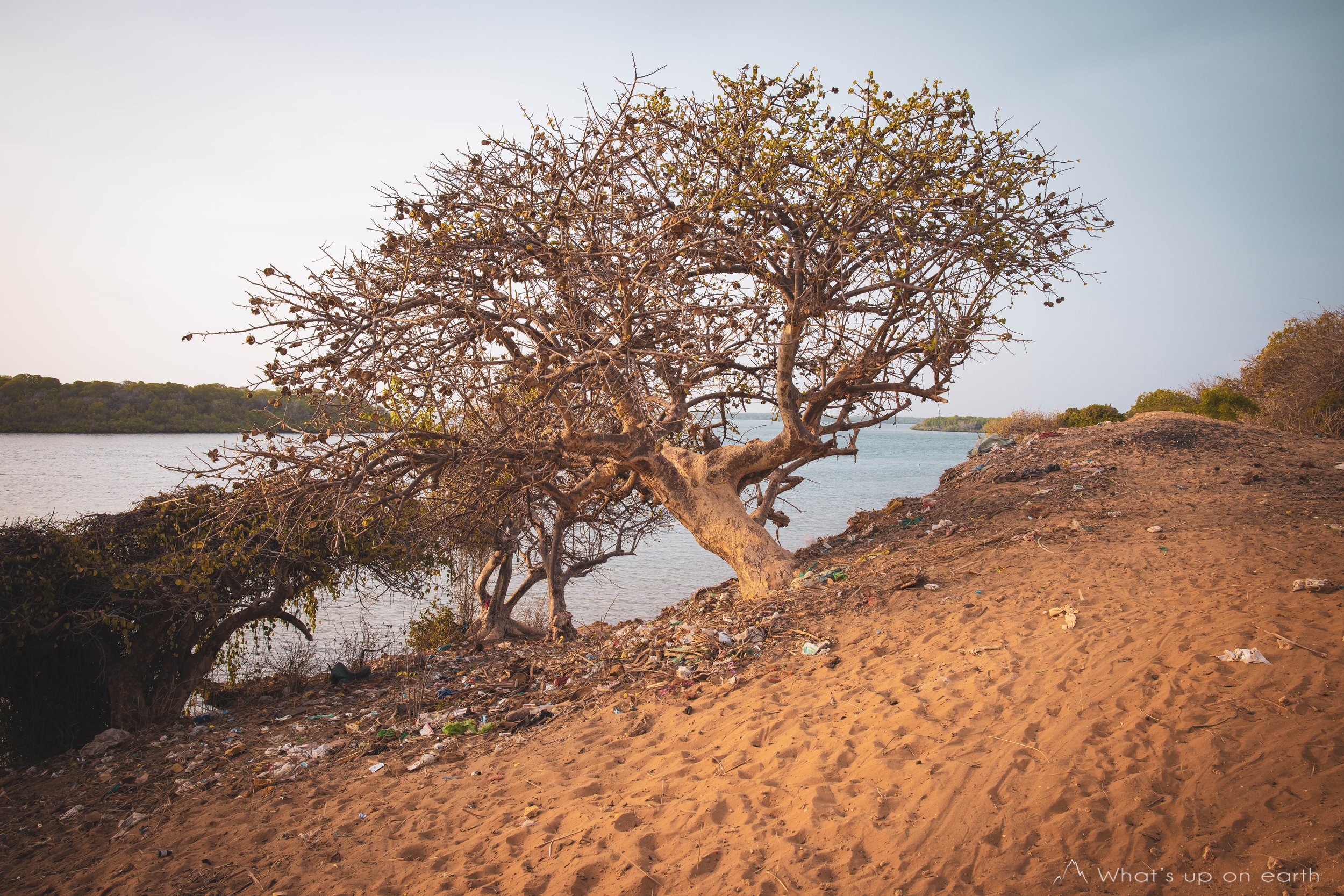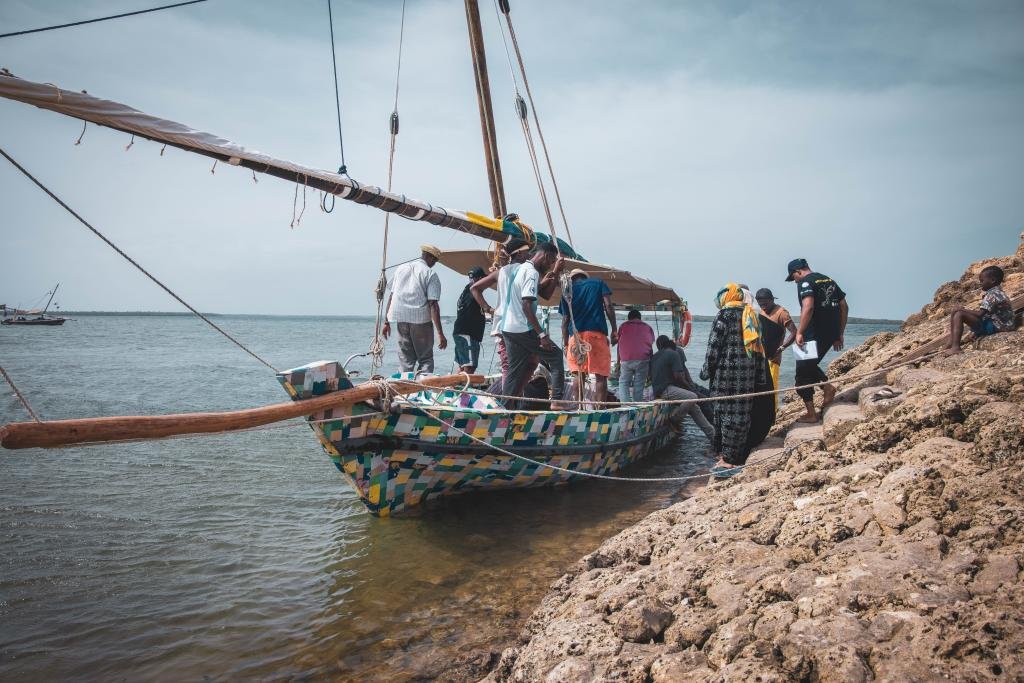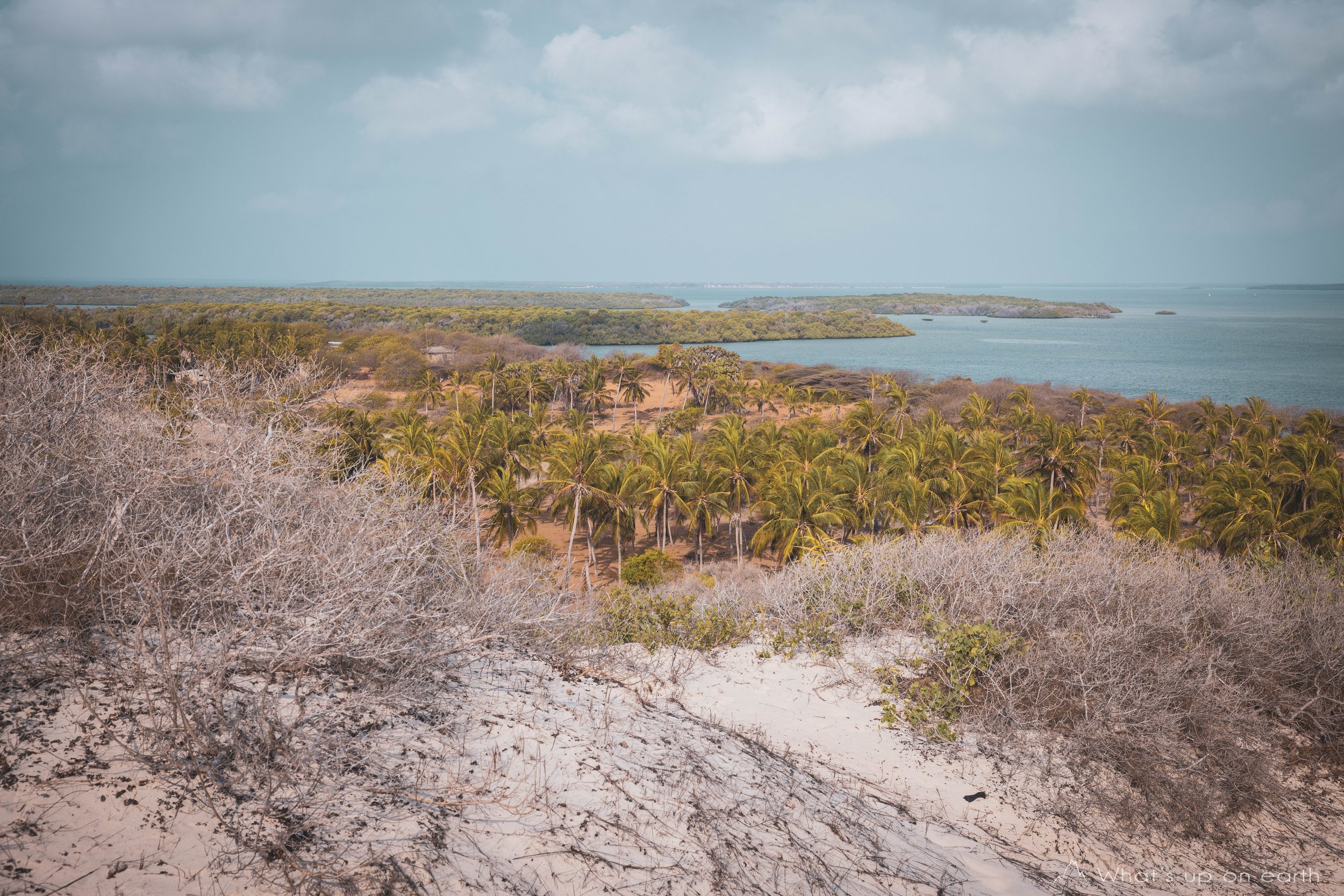Flipflopi enters into partnership with CMA CGM Group to reduce plastic waste and restore mangroves on Pate Island, Lamu.
Flipflopi is delighted to have entered into partnership with global transport and logistics company CMA CGM who operate in 160 countries, and have a fleet of 593 vessels.
Taking a stand
CMA CGM made an unprecedented move in the shipping industry by deciding to stop transporting plastic waste by sea on all its vessels in order to prevent waste from being exported to places where the sorting, recycling, or recovery process cannot be guaranteed, and ending up polluting the environment.
The global movement of waste, which has long been enabled by the shipping industry, made international headlines in 2017 when China enforced a historic ban to stop any importing of plastic waste into China. Alongside intergovernmental cooperation and legislation, it will take significant policy change by multinational companies including the shipping industry to stem the flow of global plastic waste.
To turn the tide on plastic pollution, global solutions like halting the export of plastics are critical but supporting local solutions are equally as important. Despite regulatory efforts Kenya’s consumption of plastics like most places around the world is increasing. Kenya consumes about 1.3 million tonnes a year and only 27% is collected and just 7% is recycled. Many places around Kenya have little to no waste management and communities have by and large been left to figure it out themselves and don’t always have the resources.
Flipflopi and CMA CGM have this month launched a 12-month pilot programme that will reduce plastic waste and restore mangroves in the heartlands of the Lamu archipelago, bringing even the most remote communities from the islands into the circular economy.
Flipflopi x CMA CGM: A pilot initiative to remove plastic, reduce waste, restore mangroves in Siyu, Pate Island
The initiative is taking place in Siyu - a gazetted historical site dating back to the 15th century on Pate island. Home to approx. 2,500 people, and ~3000 acres of mangrove forest within the conservancy, it is a remote island with additional challenges posed in terms of transport and logistics of managing waste. There is a lack of infrastructure in the village to manage solid waste which leads to direct dumping of waste into the ocean as well as continuous flow of plastics from afar getting trapped in the mangroves.
Building on our baseline studies and pilot program supported through the SMEP, this new partnership takes us a step closer to moving towards a zero waste archipelago.
Up until 2022, very little research existed to understand the impact of plastic and marine litter on mangroves in this part of the Western Indian Ocean. Through the UKAID SMEP Program, Flipflopi and partners, CORDIO and The University of Portsmouth (and initial support from Watamu Marine Association) have been contributing to the evidence gap in the Western Indian Ocean through a marine litter study that has looked at the extent of plastic and other waste in the mangroves in Lamu County. The study estimated there is:
A high density of plastic waste builds up in the mangroves (0.8 kg/100m-1/day) of which 50% is recyclable in this region
>13 tonnes of solid waste accumulating annually in the identified mangrove hotspot of which ~50% is recyclable plastics
The 12-month programme has 3 objectives:
Remove all waste from the mangrove forests and bring all recyclable plastics to the Flipflopi Material recovery Centre for recycling
Reduce open dumping of waste through a household collection program
Restore mangrove forests through tree planting and nurturing
The high density of mangroves and engagement of Flipflopi within the community makes the remote Pate Island a great pilot initiative to expand the circular economy in the region and restore the health of the mangroves - a pilot for many other coastal areas to follow.
